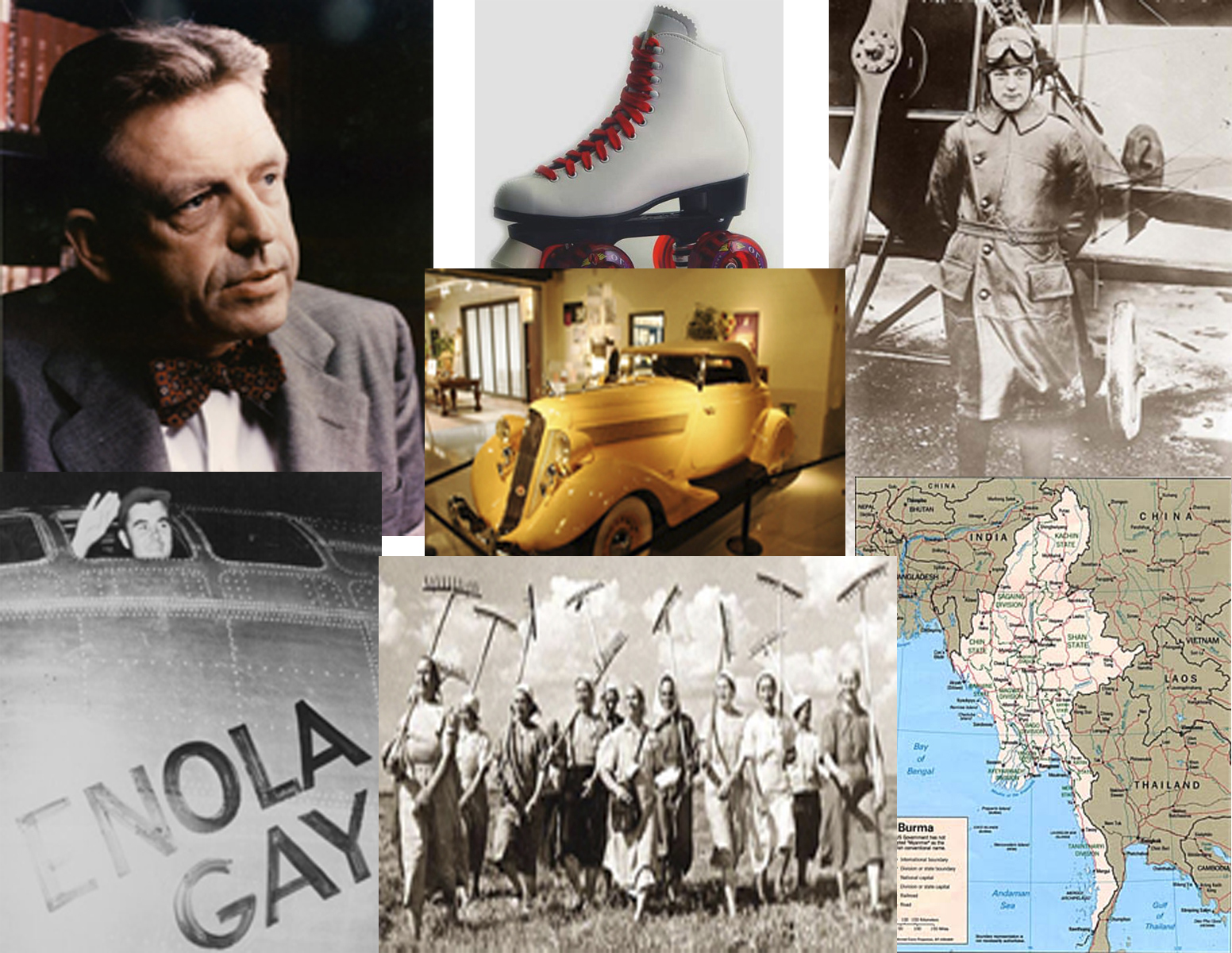91. Movie Theater History in Bloomington, Indiana, 1998 9 Interviews
Indiana University Center for the Study of History and Memory
This project contains information about the movie theater industry in Bloomington, Indiana in the 1930s to present. Interviewees discuss their remembraences of movie theaters: the movies they saw, the people they worked with, the fires that periodically destroyed the theaters, and their interior decoration. Interviewees also talk about the theater business today and how it has changed over the years.

